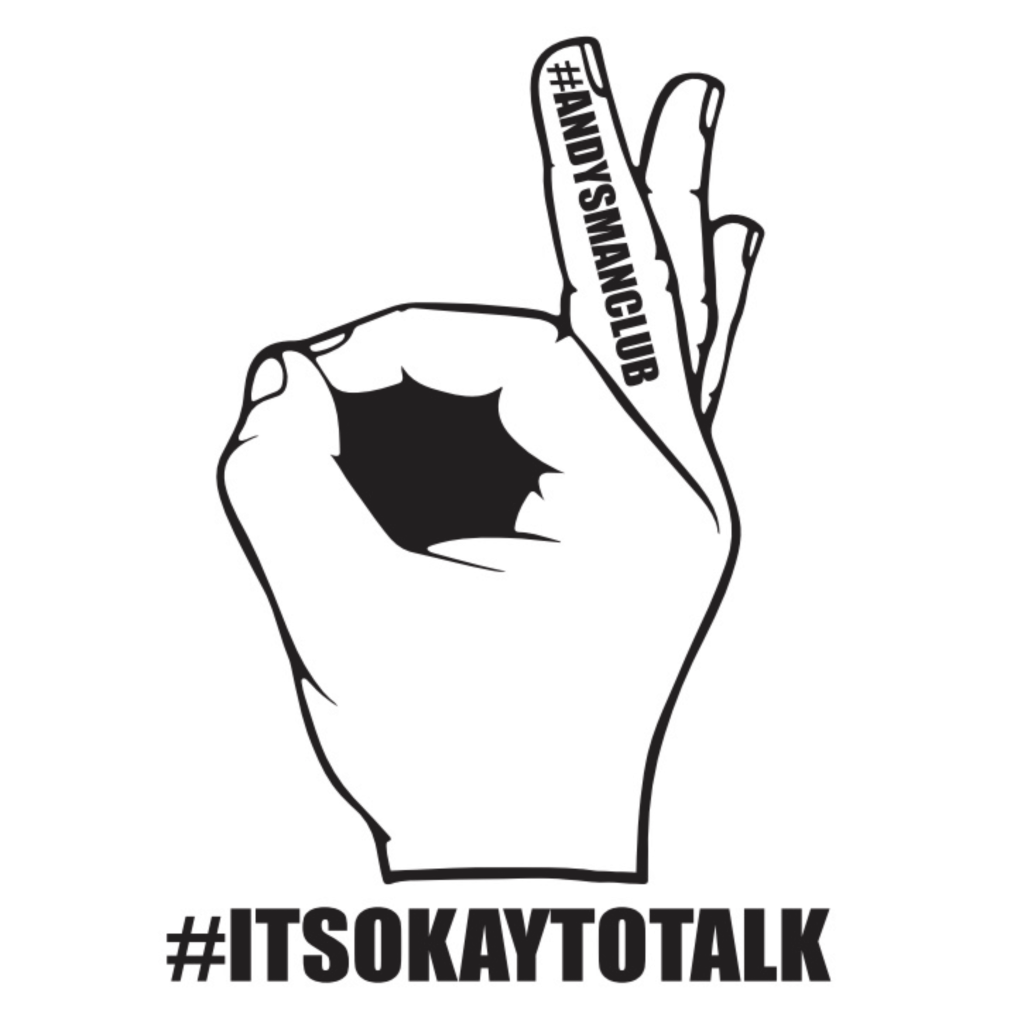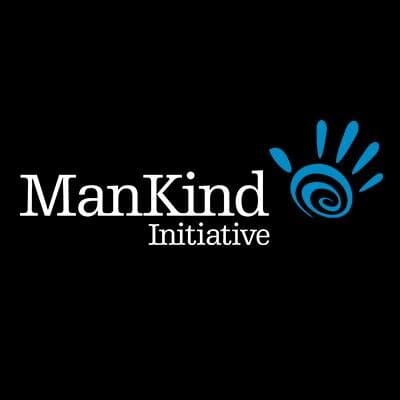Why Do Men Struggle with Friendship and Social Isolation?
Friendships are vital for emotional well-being, yet many men find themselves feeling isolated or disconnected from others. Unlike women, who often maintain strong social circles throughout life, men’s friendships tend to weaken over time due to work demands, family responsibilities and societal expectations that discourage emotional vulnerability.
Loneliness and social isolation in men can have serious consequences, contributing to stress, anxiety, depression and even physical health issues. Studies have shown that lacking strong social connections increases the risk of mental health struggles and reduces overall life satisfaction. Despite this, many men hesitate to open up about their loneliness, fearing it may be perceived as a sign of weakness.
The Impact of Social Isolation on Mental Health
Social isolation does not just mean being physically alone. It can also mean feeling disconnected even when surrounded by people. Many men report struggling to build deep, meaningful friendships, leading to a sense of emotional loneliness.
Long-term social isolation can result in:
- Increased risk of depression and anxiety – A lack of social support can make it harder to cope with life’s challenges
- Higher stress levels – Without close friends to confide in, stress can accumulate, affecting mental and physical health
- Unhealthy coping mechanisms – Some men turn to alcohol, excessive work or risky behaviour to distract from loneliness
- Reduced life expectancy – Research has linked chronic loneliness to higher risks of heart disease and other health complications
Why Male Friendships Can Be Hard to Maintain
Work, Family and Changing Priorities
As men grow older, responsibilities shift. Careers demand time, family obligations increase and free time for socialising becomes limited. Unlike in childhood or early adulthood, where friendships form naturally through school or hobbies, maintaining close connections in later life requires more effort.
Fear of Vulnerability
Many men struggle with opening up to their friends, fearing judgment or rejection. Expressing emotions or discussing personal struggles may feel uncomfortable, leading to surface-level friendships that lack emotional depth.
The ‘Strong, Silent’ Expectation
Society often teaches men to be self-reliant and emotionally reserved. While independence can be a strength, it can also lead to isolation if men feel they must handle everything on their own rather than reaching out for support.
Moving Away or Life Transitions
Major life changes such as moving cities for work, getting married or becoming a parent can disrupt social circles, making it harder to maintain long-standing friendships.
How to Build Stronger Friendships and Combat Loneliness
Prioritise Connection
Friendships require effort. Make a conscious decision to check in with old friends, arrange meet-ups and stay in touch, even if life feels busy. A quick message or phone call can go a long way in maintaining relationships.
Find Common Interests
One of the easiest ways to form new friendships is through shared activities. Join a sports club, attend group fitness classes or get involved in hobbies that involve teamwork or collaboration. This creates a natural setting for conversation and bonding.
Be Open to Deeper Conversations
Friendships thrive on trust and emotional connection. While banter and casual chats are important, opening up about personal struggles, aspirations or fears can help build more meaningful bonds. Taking the first step in being vulnerable can encourage others to do the same.
Consider Men’s Support Groups
If forming friendships feels challenging, men’s support groups like Andy’s Man Club or Men’s Sheds offer spaces where men can connect, talk openly and find camaraderie without pressure.
Reconnect with Old Friends
Sometimes, meaningful friendships are already there but have faded due to time and distance. Reaching out to an old friend and suggesting a catch-up can be a simple way to re-establish a connection.
Learn to Be Comfortable With Rejection
Not every attempt to form friendships will succeed, and that is okay. It is important to keep trying, engage with different social circles and focus on relationships that bring positivity and support.
How Therapy Can Help With Social Isolation
For men who struggle with loneliness or maintaining friendships, therapy provides a space to explore the underlying causes of social isolation. Many men have been conditioned to avoid emotional vulnerability, making it harder to connect with others on a deeper level. Therapy can help by:
- Addressing fears around opening up and being vulnerable
- Developing confidence in social situations
- Exploring past experiences that may have contributed to isolation
- Learning strategies to build and maintain healthier friendships
Social connection is fundamental to well-being. Seeking support, whether through therapy, support groups or personal efforts, is not a sign of weakness but a step toward a more fulfilling, connected life. Men’s Therapy Hub helps men find therapists who understand these challenges and can provide practical guidance for building stronger relationships.
If you are feeling isolated, remember you are not alone, and there are ways to reconnect and rebuild meaningful friendships.















